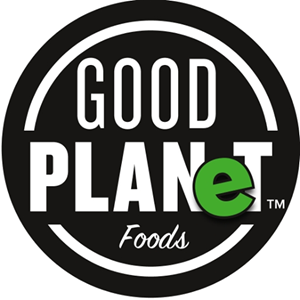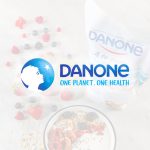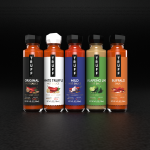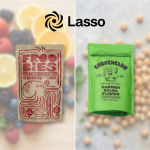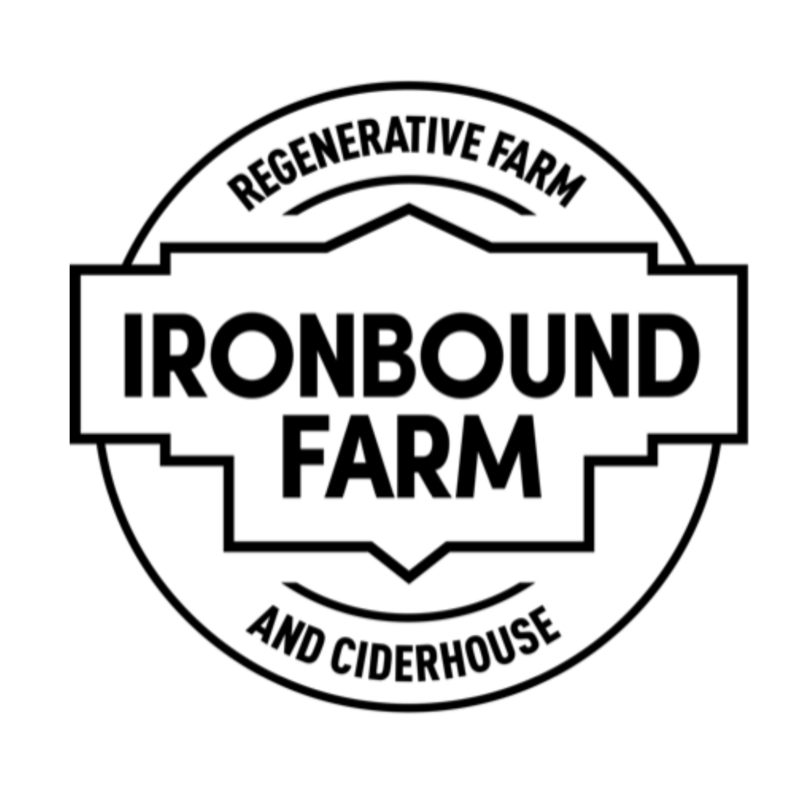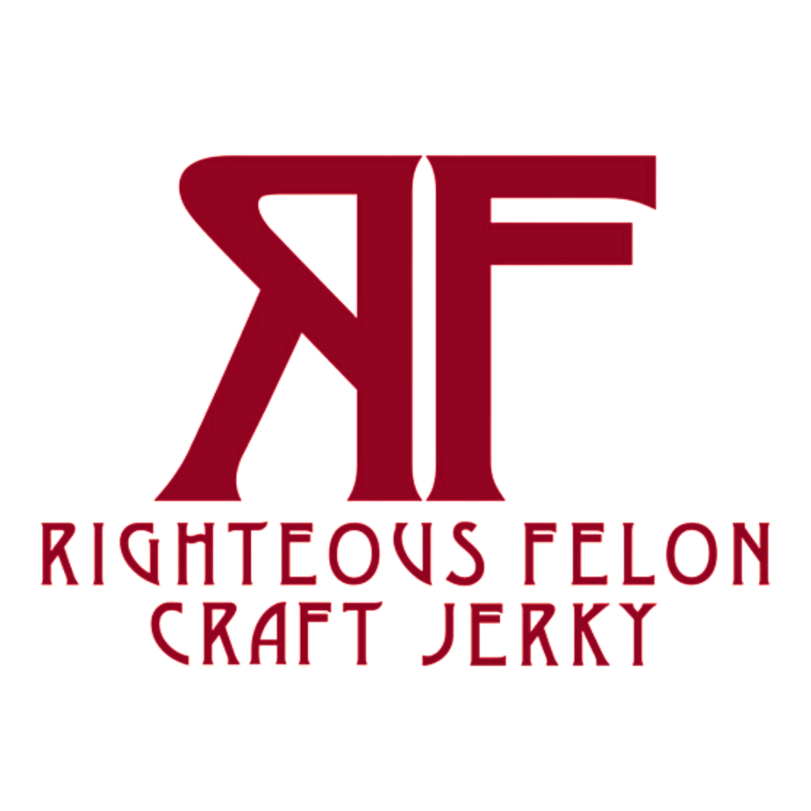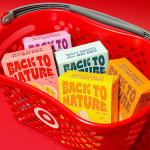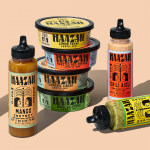Adlam Joins Good PLANeT: ‘It’s an Echo’ of Beyond Meat’
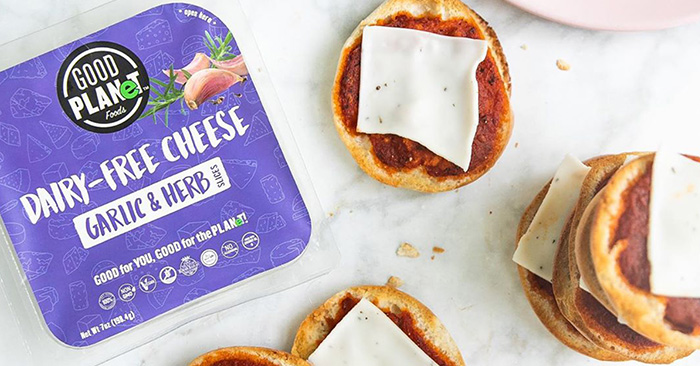
A leader from dairy and meat snacks companies is joining the plant-based revolution. Non-dairy cheese company Good PLANet announced today Bart Adlam, formerly of Chef’s Cut and Siggi’s, will join the company as co-CEO, a role he will share with founder and current CEO David Israel.
The company, which is based in Seattle, will also become bicoastal, opening a New York City office.
Adlam most recently was the CEO of meat snack brand Chef’s Cut, which he helped shephard to an eventual sale to Sonoma Brands last month. Prior to that, he spent six years at yogurt brand Siggis, which sold to Lactalis after growing to $150 million in sales, and also previously served as the president of Post Foods.
Good PLANet, which initially launched in food service in 2018, recently closed a $12 million funding round led by venture firm Cleveland Avenue to support its ongoing expansion into retail. The company currently sells plant-based cheese shreds (available in Mozzarella, Smoked Mozzarella, Parmesan and Cheddar flavors) as well as slices (available in Smoked Provolone, Cheddar, Garlic & Herb and Hot Pepper flavors) that each retail for roughly $5.99. Both products use a base of coconut oil and potato or tapioca starches, and are gluten-free, soy-free and non-GMO.
For this go-round, Adlam, who also serves on the boards of plant-based yogurt brand Lavva and vegan protein bar and powder brand ALOHA, said he wanted to join a company that was in the early stages of development. He called plant-based products “the future” of the natural products industry.
“Like everybody, as a consumer and as someone in the industry, who has seen what Beyond Meat and Impossible has done, there’s a ton of excitement,” Adlam shared. “You see the projections, that I very much buy into, that it’s just getting started and will be twenty fold in another decade.”
Beyond Meat and Impossible Foods are good analogues for Good PLANeT, Adlam added, noting that the same runway exists for plant-based dairy. Both meat alternatives came into the market, he said, at a time when consumers weren’t necessarily looking for another veggie burger or meat alternative, but were open to giving new plant-based products a try if they tasted good, were only incrementally more expensive and were easy to understand.
Good PLANeT, he added, also answers all of these needs and as such is “an echo” of these brands.
“[Good PLANeT] still has a ton left on the meat side. I think dairy is following that, and within that, cheese is following still,” Adlam said. “You’ve got these consumers that are not necessarily purists but more than half of consumers are looking to eat more plant-based foods and looking for options that are more healthy and sustainable.”
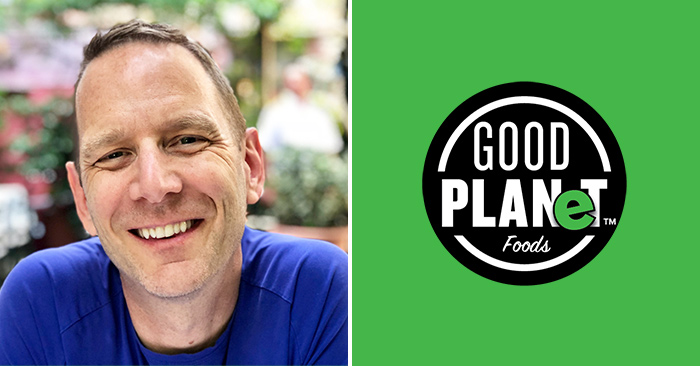
Cheese may prove to be more suited for the adoption of plant-based products, Adam said, which are normally a bit more expensive than their dairy counterparts. Shoppers are already used to seeing a range of price points in the category, with slightly artisanal products, such as Cabot or Organic Valley, costing more than commodity brands such as Kraft or Velveeta. The range leaves the door open for an only “incrementally” more expensive plant-based product.
“You don’t want to pric[e] it so high that you’re limiting the opportunity,” Adlam said, “The potential is there but it’s not going to be realized unless there’s great tasting products that are within reach of, not every consumer, but a wide group of consumers.”
To reach a broad base of consumers, Good PLANeT has thus far largely focused on conventional retailers. Moving forward, Adlam said, he’d like to extend the company into the natural channel, adopting a strategy he employed at Siggi’s of launching “next generation” products in natural retailers, such as Whole Foods, to build momentum, before bringing them into the wider marketplace. He added that natural shoppers are generally more open to trying new products, making the initial marketing lift much lower.
Moving forward, Adlam will focus his attention on sales, marketing and brand building, while Israel will devote his attention to supply chain and operations. The pair will work in tandem to create a robust portfolio of products, and help the company further extend into food service. From his time at Siggi’s, Adlamn said he’s learned how to best work with a founder and scale a company to the next level.
“You have to manage egos on both sides…and you do that primarily because it’s very clear that everyone is here to partner and maximize both the financial side of it and the impact you have in the market, with consumers, and in this case, the environment,” Adlam said. “If you start from that and with that trust, the rest should be easy.”
